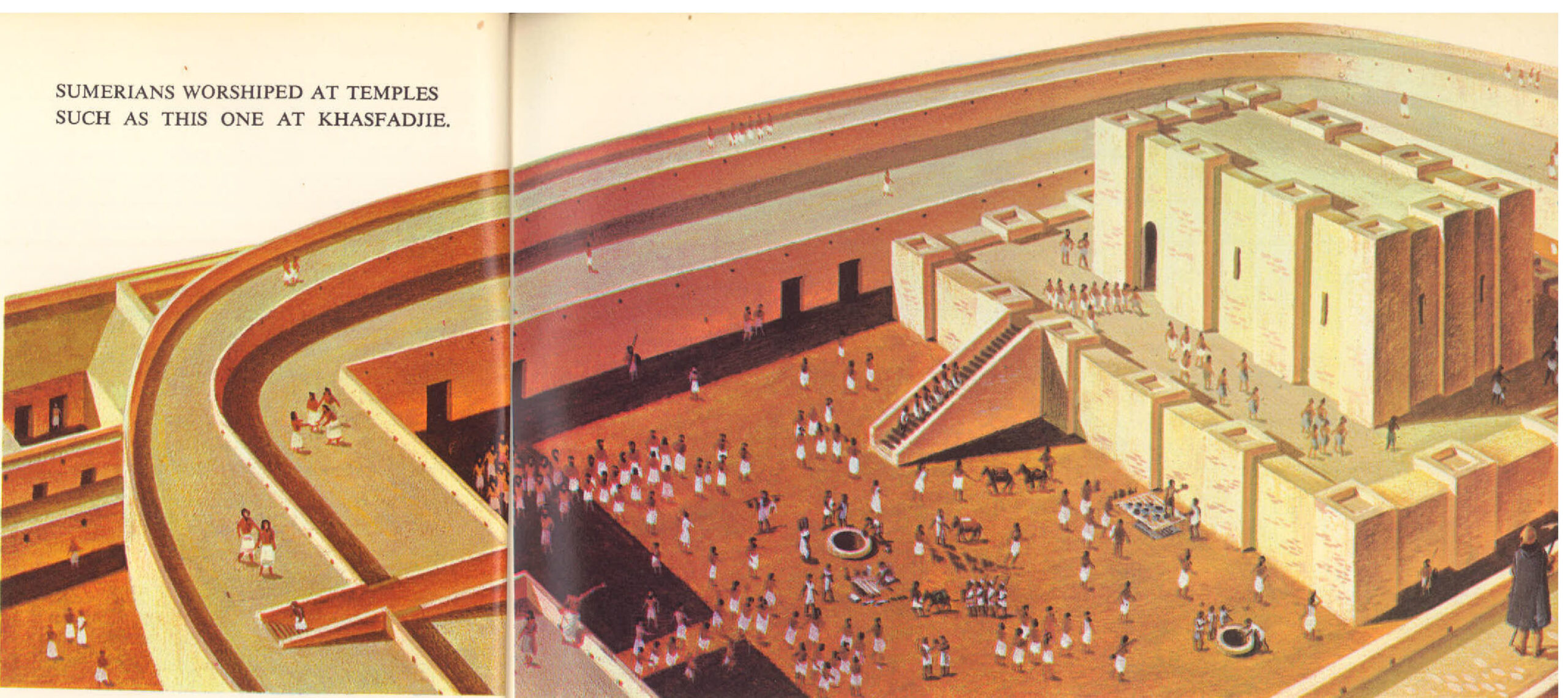ROME was no longer just a city — it was a world. In the reign of Hadrian, the blaring trumpets that announced the comings and goings of the emperor echoed in Spain, Syria and Britain as often as in Italy. Hadrian wanted to know what was going on in all of his empire. He wanted to inspect the troops and forts that held the frontiers and to judge for himself the wisdom of the governors he had sent to rule the provinces. He wanted to visit the towns and cities, to see their ancient buildings, to plan new buildings where …
Read More »Tag Archives: Egyptians
The Power of Minos 2200 B.C. to 1400 B.C.
Far to the south of the Greek Peninsula lay the large island of Crete. It was the home of a nation of sea-warriors – cruel, dark, handsome men, who claimed the eastern Mediterranean and all the Aegean Sea as their own. For eight hundred years — from 2200 to 1400 B. C. — they made good on their claim. The Cretan seamen strutted about the decks in loincloths and high bools. They wore clanking jewelry of finely worked gold, curled their long hair and rubbed their bodies with perfumed oil so that they glistened in the sunlight. They were fighters …
Read More »Mesopotamia, Where Civilization Began 4000 B.C. – 1750 B.C.
Mesopotamia is where civilization began. By 4000 B. C., many different groups of people were working out their lives in a variety of ways. In a great arc from the eastern coast of the Mediterranean, across the Turkish plains and through the highlands of Iraq and Iran, groups of peoples had settled and were farming, tending animals, making pottery and building towns, markets and forts. In the deserts, mountains and steppes, nomadic tribesmen lived by herding animals and by hunting and raiding. In Mesopotamia as these populations grew, they began to compete for land, food and supplies. One of the …
Read More »

